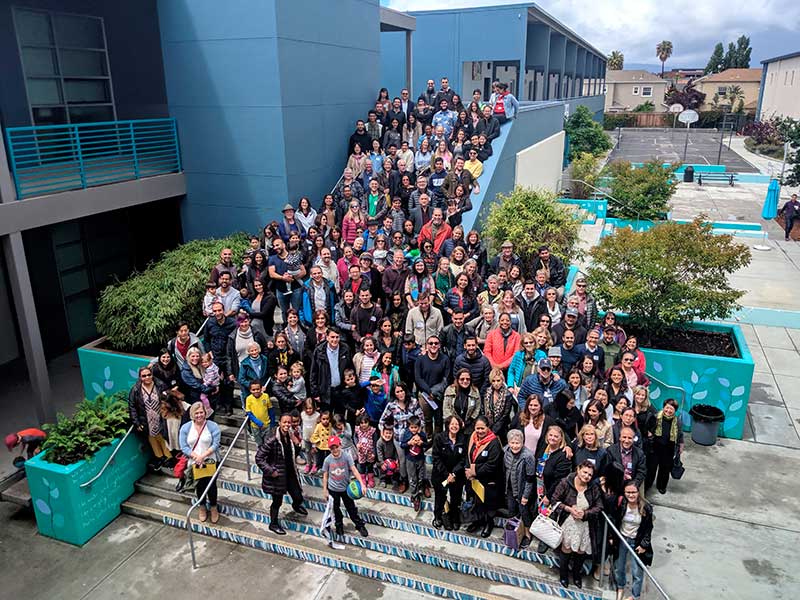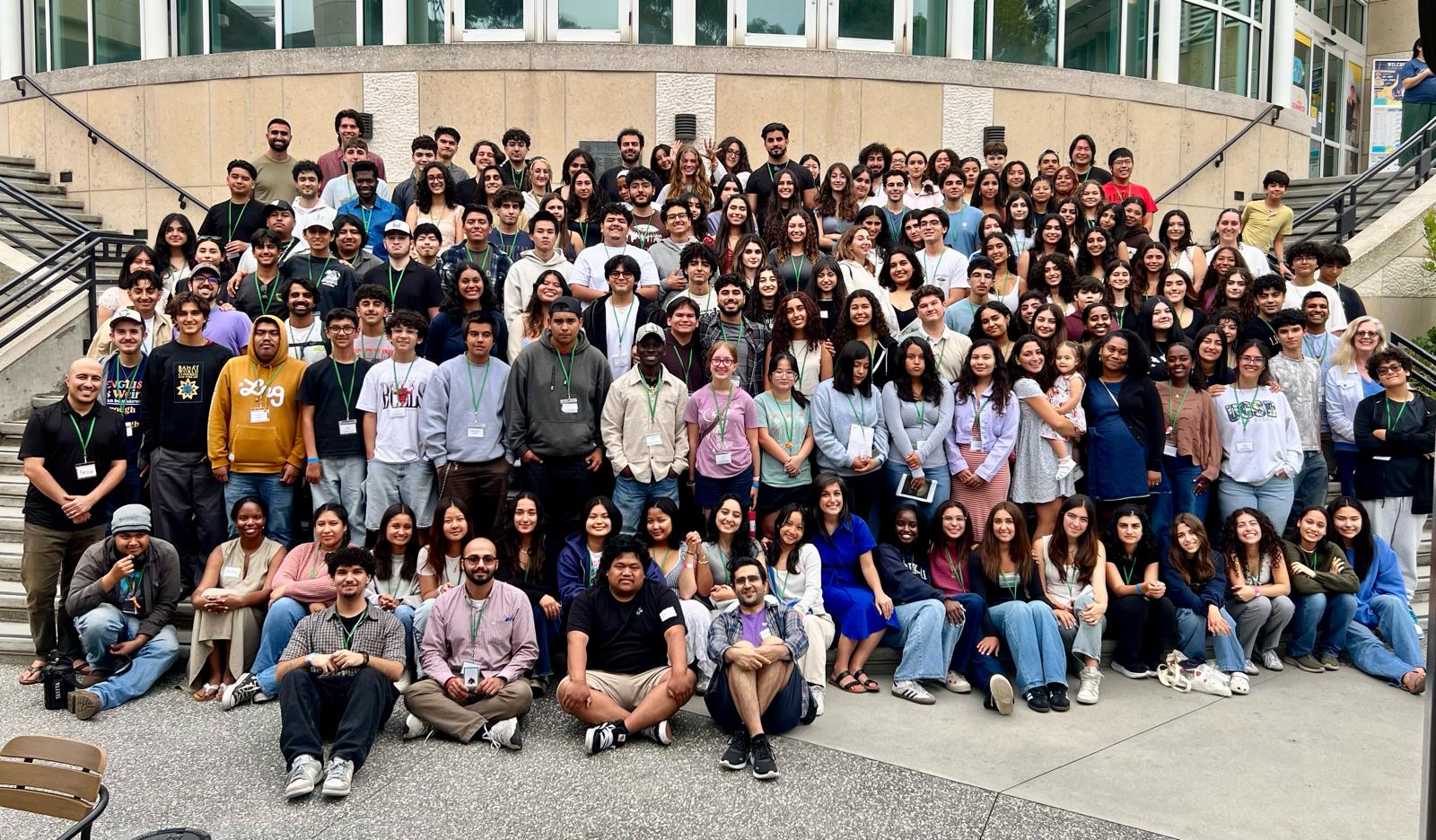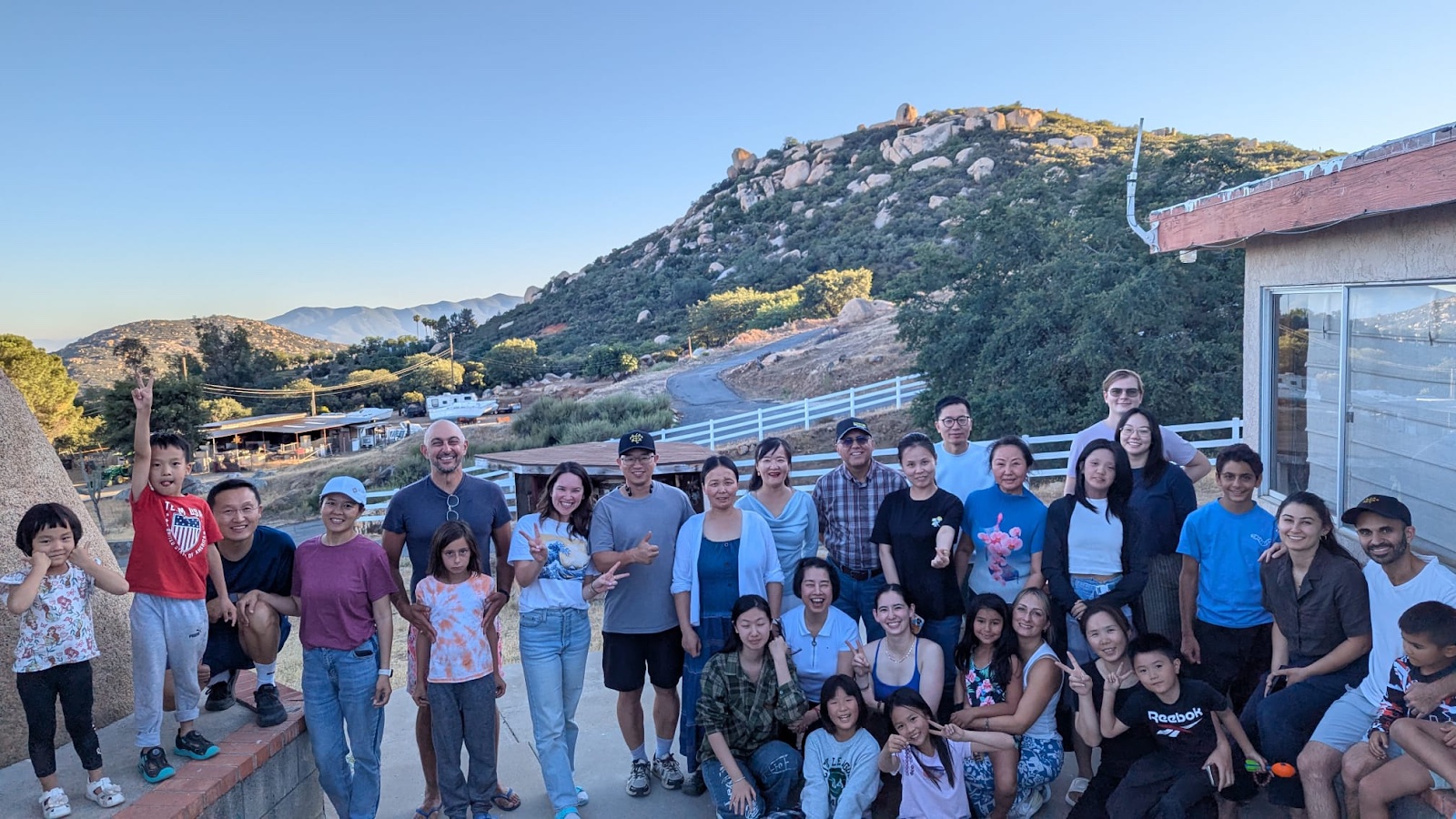
From parallel paths to integrated journeys: Uniting generations through service

By: Andrew Adebayo
In Metro Atlanta, holiday breaks have become opportunities for intensive community building. “There’s a strong pattern of youth camps that has developed over the last two years,” says Maekaylia Jackson, a local youth serving on the Area Teaching Committee, a body coordinating teaching activities, and an animator for the Junior youth spiritual empowerment program in her neighborhood. These camps have evolved into dynamic spaces where youth serve as tutors, animators or facilitators of study circles, junior youth groups and children’s class teachers. In the center of intense activity, a core group of about eight youth maintains regular children’s classes and junior youth groups, while also planning community festivals. Their presence has created a foundation for sustainable community development, youth empowerment, and service projects.
According to Jackson, the youth camps have had a notable impact on intergenerational dynamics in the local Bahá’í community. Historically, Bahá’í activities in the Metro Atlanta area operated like many other communities: youth activities here, adult programs there, and limited intersection between the two. However, Jackson explained, Metro Atlanta has discovered that collective vitality emerges when these paths converge, and the area’s youth camps have subsequently become catalysts for integration and deeper connection between age groups.
In Jackson’s words, “There’s been such a focus on training at all levels…now, at our youth camps, all the volunteers that come from different communities, many of them older, understand what’s happening at the youth camp and there’s such a desire to share learning and knowledge, but also hear from the youth.”
The shift began with activity planners creating spaces where elder community members can fully engage with and understand the educational process, rather than merely asking them to help with logistics. Jackson cites several other examples of this integration, such as a growing number of youth serving on Local Spiritual Assemblies, collaborative activity planning involving multiple generations, convening Parent Circles during activities in order to provide a dedicated space for caregivers to discuss their child’s spiritual education, and other shared learning spaces where experience and fresh perspectives can meet regularly.
Developing Youth-led Spaces on Bahá’í Elections
What exactly is the Bahá’í electoral process? How does it channel principles of unity and justice? What are the barriers to universal participation in Bahá’í elections? How can participating in Bahá’í elections foster a sense of spiritual responsibility and collective ownership for community development? In what ways are Bahá’í elections helping us transcend traditional concepts of power and leadership? Questions such as these, ranging from the procedural to the profound, are being explored in another recent Metro Atlanta youth initiative that has culminated in a series of learning spaces dedicated to understanding the distinctive character of Bahá’í elections.
Notably, these activities emerged organically from a “Ruhi Book 8: The Covenant of Bahá’u’lláh” study circle conducted among area youth in which participants realized a need for deepening on specific aspects of Bahá’í electoral participation. Recognizing that many of their peers, especially college students managing address changes and other transitions, might benefit from greater clarity about electoral procedures; they first organized a youth-focused learning space during Ridván 2024.
The impact of this study session resonated deeply across the cluster, and generated broad enthusiasm for the youth’s initiative to improve engagement with the electoral process. Building on this success, the spaces expanded beyond their initial youth focus to serve the broader community with a series of all-age community spaces centered on enhancing electoral participation in preparation for Unit Convention.
Drawing directly from Book 8’s material, these spaces created opportunities for collaborative study of both the principles and processes of Bahá’í elections, demonstrating how systematic learning about Bahá’í institutions can give rise to concrete action and small steps forward that strengthen the community’s collective capacity for service and spiritual governance.
“In context to the current political election for our country, I’ve been finding it very exciting to just think about the uniqueness of the Bahá’í election voting process,” says Jackson. “I’m excited for more people to have that sort of conviction about being a part of [Bahá’í elections] and why it’s important.”





